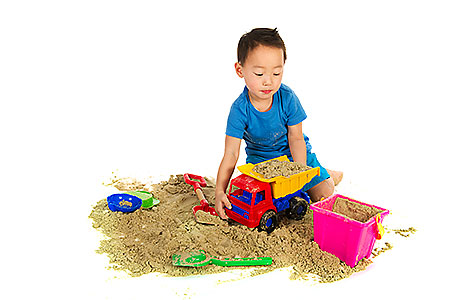
Tactile playthings can help to enhance a child’s development, says paediatrician Dr Kenneth Lyen
By Cheryl Chia
The days when children could spend hours absorbed with teddy bears, Barbie dolls, toy cars and board games seem to be almost gone. These days, it’s much more common to find children propped in front of the electronic “nanny” – the iPhone, iPad or TV.
That’s not necessarily a good thing. Dr Kenneth Lyen, Consultant Paediatrician from Lyen Children’s Clinic says: “Toys provide a safe, imaginative, and fun way of exploring the world. Through play, children can learn concepts such as cause and effect, numbers, words, art and music. Toys can initiate interaction with adults or other children, and is therefore a means of stimulating communication and social skills.”
He adds, “Electronic toys, especially touchscreen tablets and phones, are very popular for children of all ages. The number of apps or software programs is already astronomical, and continues to increase daily. But the benefits of playing with tactile toys, such as learning how to manipulate objects, build three-dimensional structures, play musical instruments, do artwork, explore nature, and invent new gadgets – all of these can be lost if children are deprived of toys.”
Dr Lyen mentions the possibility of developing an addiction to electronics. Some children spend so much time on these gadgets that they even sleep with the devices by their side. Dr Lyen cautions parents to be more watchful regarding the negative effects of their children being too absorbed in electronic games. However, he does say that the better apps on the market can help the child’s development by stimulating hand-eye coordination and problem-solving skills.
He also encourages a mix of age-appropriate activities for all children, ranging from sports to intellectual toys, for well-rounded development. He states that children learn how to interact through play, and learn how to be more imaginative as well.
However, he says, “If you over-indulge your child, this can lead to an imbalance in time spent on any one given activity. Your child may not learn how to control his needs and desires, and he can become increasingly demanding and ultimately disobedient.”
Dr Lyen is also on the board of the Rainbow Centre, which oversees two schools for children with special needs.
ADVERTISEMENTS




